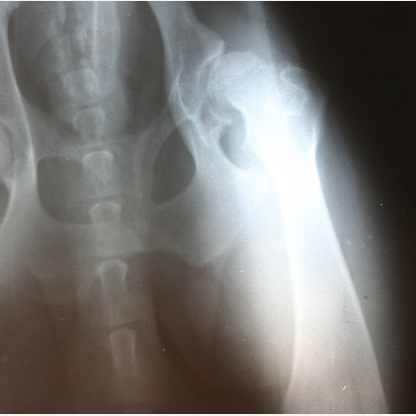 New data show that metal-on-metal hip implants are not linked to an increased risk of cancer within the seven years after the procedure.
New data show that metal-on-metal hip implants are not linked to an increased risk of cancer within the seven years after the procedure.
Although these typically harmful medical devices have caused a multitude of other health defects, the U.K. National Joint Registry (NJR) stated earlier this month in their annual report that it cannot link the hip replacement surgery with cancer in the short term.
While this is good news for hip replacement patients and the medical community, the NJR also said, “We must, however, point out that many cancers have prolonged latency after initial exposure to carcinogens and thus long-term follow up is needed to provide a definitive answer.”
Big-name manufacturers that have faced lawsuits include DePuy Orthopaedics and Stryker Corporation. Manufacturers such as these must be held responsible for the adverse effects of their products that suffering patients must endure. Metal-on-metal hip implants have extremely high failure rates. Although they are expected to last an average of 15 years, an estimated 80% of DePuy implants fail just 8 years after surgery.
Problems after surgery range from pain, swelling, limited mobility, trouble walking, and dislocation, to a very serious disease called metallosis. The grinding that occurs between parts of the hip replacement can release metal debris into the body and bloodstream, causing the blood levels of chromium and cobalt to become dangerously high. This metal poisoning in the blood can cause cardiovascular, neurological, thyroid and renal issues in the body as well as destroying muscle, tissue, and bone.
Many variations of these metal-on-metal replacements were FDA cleared by the 510(k) program, which acts as a fast track for getting innovations in medicine on the market. Although this process makes cutting-edge products readily available to patients in need, it has also proven to be dangerous. Because manufacturers don’t necessarily have to guarantee their safety or effectiveness as they would in a typical FDA clearance, corners are cut and consumers are put in potential harm.
Continue Reading ›
 A North Carolina widow filed a lawsuit last month against Takeda, the manufacturer of Actos. Norma Faique, widow of the late John Faique, is suing the company for her husband’s death. Actos is a prescription drug created to treat Type II diabetes.
A North Carolina widow filed a lawsuit last month against Takeda, the manufacturer of Actos. Norma Faique, widow of the late John Faique, is suing the company for her husband’s death. Actos is a prescription drug created to treat Type II diabetes.
 Fort Worth Injury Lawyer Blog
Fort Worth Injury Lawyer Blog








